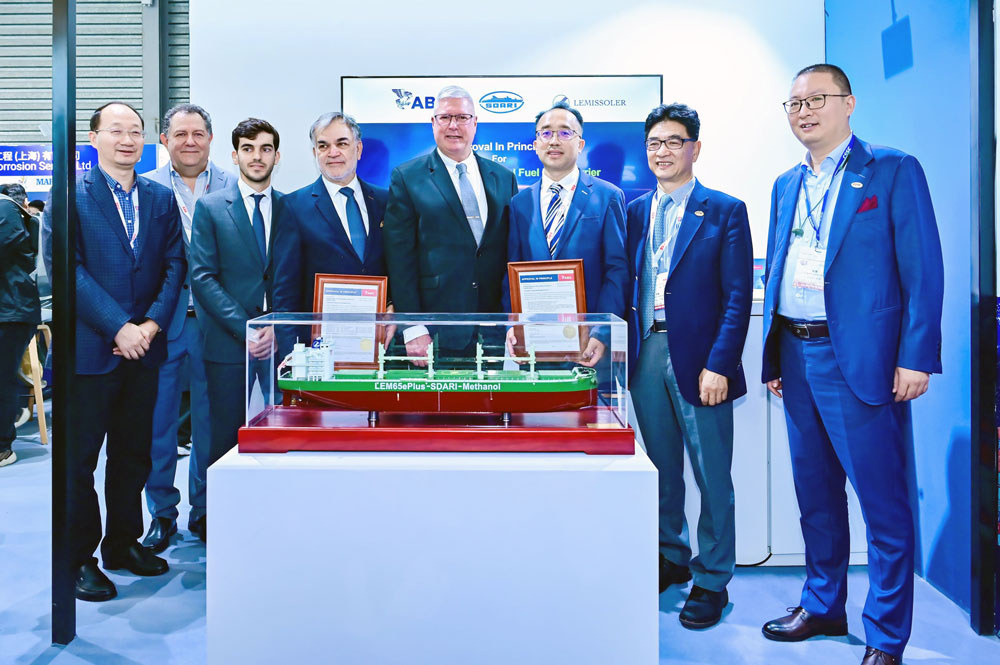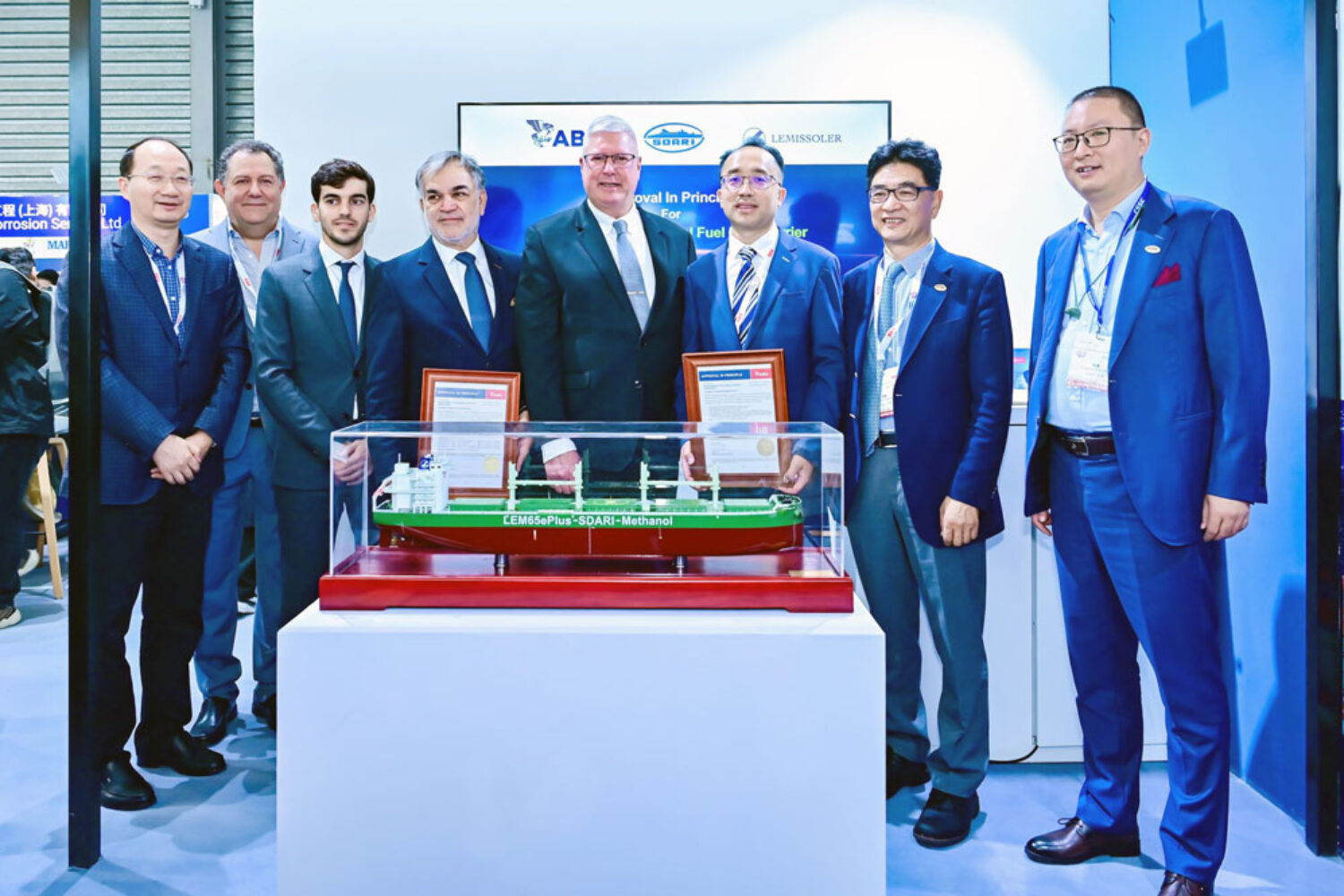The US classification society American Bureau of Shipping (ABS) has granted approval in principle for a design for a methanol-powered freighter.
The concept was developed by Lemissoler Navigation and the Shanghai Merchant Ship Design and Research Institute (SDARI). The 65,000 dwt freighter is said to be the first such methanol ship for China’s shipbuilding industry[ds_preview].
“ABS understands and is very committed to supporting customers with decarbonization solutions. The ambitious goal of achieving carbon-free operation by 2050 requires more renewable energy options, carbon-free fuels, carbon-neutral fuels and carbon capture technologies. Lemissoler and SDARI’s new proposal, which utilizes methanol, is an important piece of the puzzle on the path to a more sustainable shipping industry,” said Christopher J. Wiernicki, Chairman and CEO of American Bureau of Shipping.
ABS confirms the feasibility of the draft
The draft explores the feasibility of using methanol as a fuel to accelerate the reduction of carbon emissions and meet the IMO’s net-zero target by 2050, ABS said. With the introduction of the EU Emissions Trading Scheme and FuelEU regulations, if the ship burns green methanol, it will have greater potential to reduce the costs associated with carbon emissions. The vessel has been thoroughly optimized and its preliminary Energy Efficiency Design Index (EEDI) has been reviewed and found to exceed the EEDI Phase 3 standard. ABS completed the design review based on class and regulatory requirements.
“We at Lemissoler are once again pioneering new technologies and innovative designs for our dry bulk fleet. The collaboration with SDARI and ABS is proof of how much can be achieved together. This new evolutionary design is another step towards Lemissoler’s goal of becoming net zero by 2045,” said Philippos Philis, Chairman and CEO of Lemissoler Navigation Ltd.
“As the designer of this innovative methanol-powered vessel, SDARI always strives to find customized and practical solutions for customers’ needs and provide an optimized design that complies with future maritime rules and regulations,” said SDARI Vice President Zhou Zhiyong.














